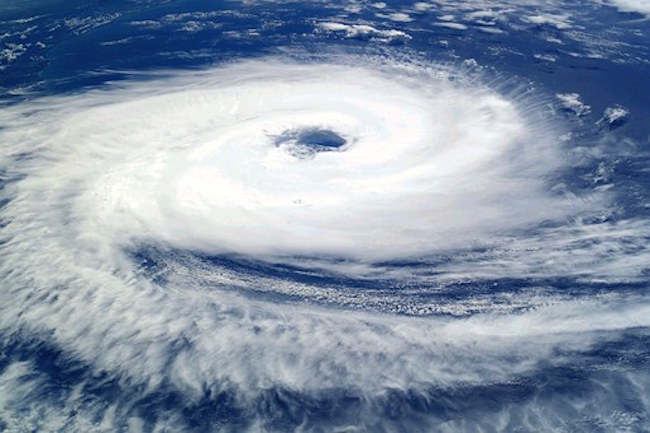IPCC: Atlantic Hurricanes/Tropical Cyclones Have Not Increased Since The Late-1800s By Cap Allon for Natural Blaze
The IPCC’s latest report (AR6) continues the claim that human CO2 emissions have caused earth’s climate to warm–no shocker there. But the impacts this has had on Atlantic hurricane/global tropical cyclone activity may come as a surprise, at least to those who were duped by the narrative constructed over the past few decades. As NOAA/GFDL Senior Scientist Tom Knutson explains, global warming has had no impact on either storm frequency nor intensity…
The two most frequently asked questions on global warming and hurricanes are the following:
1) What changes in hurricane activity are expected for the late 21st century?
2) Have humans already caused a detectable increase in Atlantic hurricane activity or global tropical cyclone activity?
Tackling the second question first, in the northwest Pacific basin, some observations appear to show a poleward shift in the latitude of maximum intensity of tropical cyclones, writes Knutson. And while another new study finds a slight increase in the fraction of tropical cyclone fixes of at least Category 3 intensity both globally and in the Atlantic basin over the past four decades, crucially though, the paper itself states that these changes “have not been confidently attributed to anthropogenic forcing”.
Modeling studies at GFDL/NOAA and the UK Met Office/Hadley Centre (UKMO) have found that a slight increase in tropical storm frequency in the Atlantic basin since the 1970s has been, at least partly, driven by decreases in aerosols from human activity and volcanic forcing. Natural variability is also thought to have been a key factor in the recent changes, and the observed increase since the 1970s isn’t expected to continue into the future. In fact, these same models actually project future decreases in Atlantic tropical storm frequency in response to increasing greenhouse gas concentrations.




